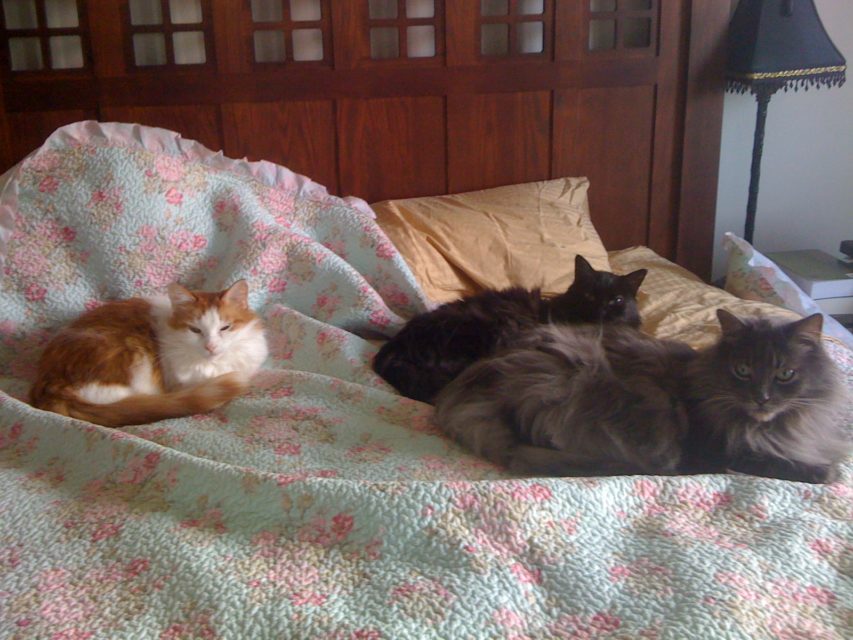In the National Post, Chris Selley recounts the sudden changes in staffing and editorial policy at Ezra Levant’s mini media empire:
If Rebel Media’s uppance was coming, if some event was finally going to wipe the smirk off its face, it could hardly have been more hideously appropriate than what happened over the weekend in Charlottesville, Va.
Live on the internet, Rebel personality Faith Goldy was blathering on about how intolerant the left is, and about left-right double standards in the media and in policing, and about all the other things that gladden the hearts of the Rebel’s grievance-based nihilist-conservative fans.
And then, right there in the frame, someone rammed his car into the crowd of counter-protesters she was mocking, killing 32-year-old Heather Heyer and injuring many others. That guy, allegedly, was 20-year-old James Alex Fields, whose high school teachers said he was obsessed with Adolf Hitler in all the wrong ways.
Fun time was over. This was, apparently, a real live neo-Nazi committing, certainly, real live murder.
At this point, Rebel Commander Ezra Levant could have steered his vessel in one of several directions. “Nothing to do with us,” he could have said, plausibly enough.
[…]
Levant could have gone there; instead, he blinked.
“When I first heard of the alt-right a year ago, I thought it simply meant the insurgent right, the politically incorrect right … the right that backed Trump and his ‘Make America Great Again’ style over Jeb Bush and the swamp,” he wrote in a purported “staff memo.”
“But the alt-right has changed into something new, especially since Trump’s election,” Levant lamented. “Now the leading figure … is Richard Spencer, and other white nationalists.” There were actual Nazi flags in Charlottesville, Levant noted, waxing appalled (while allowing they might have been carried by “agents provocateurs”). That’s “racist,” he averred, rather than “conservative,” and he would have none of it.
It is, in a word, pathetic. Spencer coined the term “alt-right,” for heaven’s sake. He has never, ever been shy about his white nationalist views. A manifesto he released before the march in Charlottesville talks of “a shared civilization” that “sprang” from the “Aryan” race, and dismisses the idea of “Judeo-Christian values” as “a distortion of the historical and metaphysical reality of both Jews and Europeans.”
I haven’t closely followed the adventures of Ezra and his Rebel Media organization, so the sudden rash of departures (Brian Lilley and Barbara Kay, in particular) caught me somewhat by surprise. I don’t use Rebel Media as a source, but I have linked to non-Rebel Media articles by Lilley and Kay, and probably other contributors outside that affiliation. I had noted the organization’s dedication to “afflicting the comfortable” — almost always those on the political left — without much corresponding “comforting the afflicted” to balance it out. Explicitly abandoning the Richard Spencer wing of the alt-right is probably a good move, but it may have come too late to prevent the alt-right taint from permanently damaging their brand.




